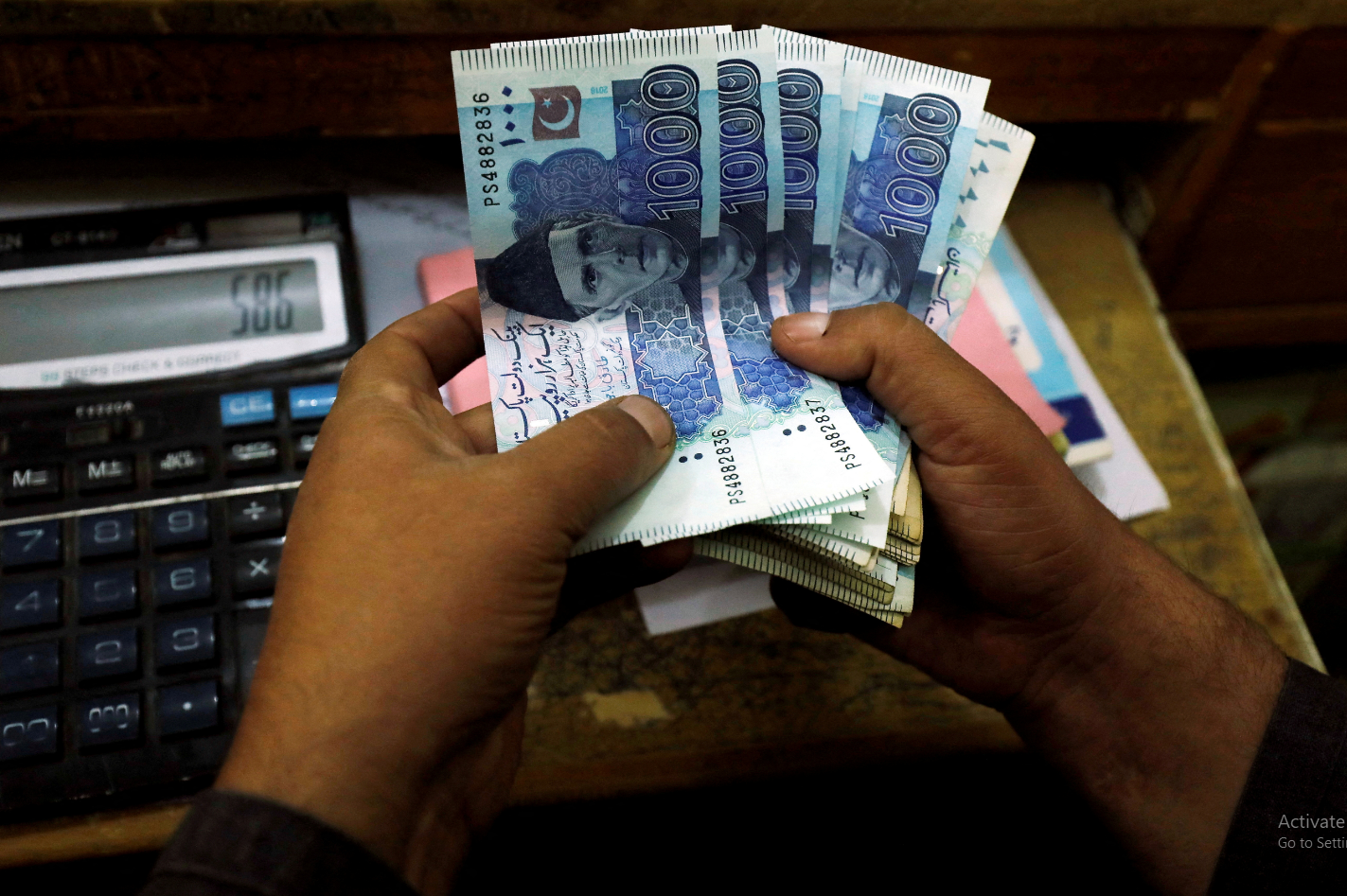
The six-month Karachi Inter-Bank Offered Rate (KIBOR), the benchmark interest rate at which banks lend to one another, has fallen to an 18-month low of 18.91%. This decrease makes financing more affordable for the private sector and could help stimulate economic activity in Pakistan.
The three-month and nine-month KIBORs also fell to 18-month lows of 19.16% and 18.63%, respectively. Meanwhile, the one-year KIBOR dropped to a 19-month low of 18.08%.
On Thursday, KIBOR dropped by 37 basis points from Wednesday's level, signalling that the State Bank of Pakistan (SBP) might cut its benchmark policy rate by an additional 200 basis points in two equal instalments over the next three months. Saad Hanif, Head of Research at Ismail Iqbal Securities, told The Express Tribune that while a rate cut could stimulate the economy, it also carries the risk of rupee depreciation.
The market speculates that a potential 200 basis points reduction in the policy rate in the next three months could increase demand for dollars for imports, which might deplete Pakistan's foreign exchange reserves. These reserves are already critically low, standing at just $9.15 billion, less than a two-month import cover, Hanif noted.
The KIBOR reduction follows a significant drop in the rate of return on government debt securities, specifically Treasury bills (T-bills), in Wednesday's auction. Topline Research reported that the cut-off yield on three-month T-bills fell by 52 basis points to 18.97%, while the six-month T-bill rate decreased by 54 basis points to 18.75%, and the 12-month rate dropped by 50 basis points to 17.74%. "Interestingly, the yields fell more than anticipated," according to the research firm.
AHL Research also observed that the decline in KIBOR rates and the lower T-bill cut-offs suggest that the market expects a further reduction in the policy rate at the upcoming monetary policy meeting scheduled for September 2024. Hanif anticipates that the SBP might cut the policy rate by 100 basis points in mid-September and another 100 basis points in early November 2024, from the current 19.5%.
This projected reduction is supported by a significant slowdown in inflation, which fell to a three-year low of 11.1% in July, compared to a previous estimate of 18%. Inflation is expected to drop to single digits by the end of the current fiscal year on June 30, 2025.
Currently, Pakistan has one of the highest real interest rates in the region, at 8.4% (the current rate of 19.5% minus July's inflation rate of 11.1%). This provides room for a potential rate cut of 3.5-4.5% over the fiscal year, bringing the rate to 15-16% by June 2025. Despite this, Hanif suggests that real interest rates might still range between 5.5-6.5% due to inflationary pressures.
He also cautioned that any potential increase in electricity prices or international energy and food prices could drive inflation higher, though this is considered unlikely. The SBP has projected inflation to range between 11.5-13.5% for FY25, down from over 23% in FY24. A slowdown in inflation could bolster economic growth to 2.5-3.5% for the current year, compared to 2.4% in FY24. However, Hanif noted that Pakistan's low foreign exchange reserves might prevent the central bank from significantly loosening the monetary policy. This could mean that despite expected rate cuts for FY2025, real interest rates may remain high.


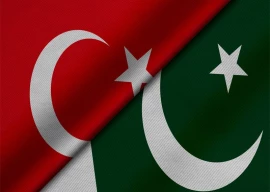


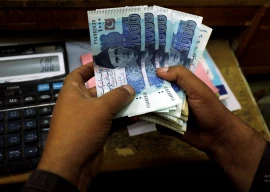
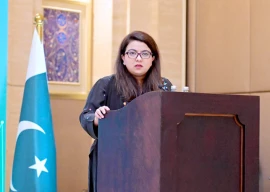
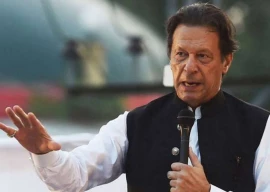



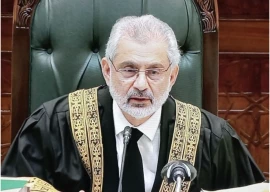
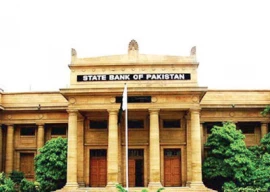






COMMENTS
Comments are moderated and generally will be posted if they are on-topic and not abusive.
For more information, please see our Comments FAQ